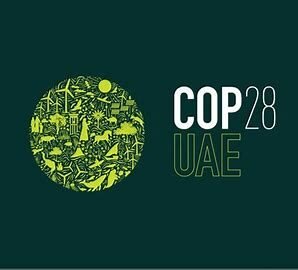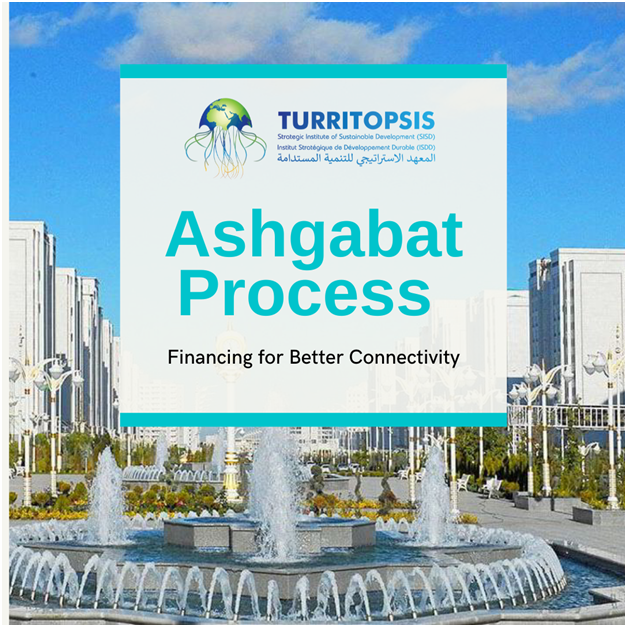COP28 – A Glass Half Full or Half Empty for Climate Action?
Introduction
The recently concluded 28th Conference of the Parties (COP28) in Dubai was a defining moment for global climate action. As world leaders gathered to advance collaborative efforts against climate change, the summit led to groundbreaking agreements even while falling short on some key aspects. This article offers a critical examination of COP28’s outcomes – analyzing its achievements, limitations, and implications for driving forward the sustainability agenda.
Historic Agreements to Phase Down Fossil Fuels
One of COP28’s most historic outcomes was the landmark deal signed by over 190 countries to begin phasing down coal, oil, and gas for the first time in climate negotiations. This signals a major shift in tackling emissions at their key source. However, the agreement faced criticism for not using the stronger terms “phase out” and for allowing “transitional” fossil fuels. The deal also lacked a fixed timeline for when to end coal use. Still, experts hailed it as significant progress to advance the Paris Agreement’s 1.5°C goal.
Securing Climate Finance Commitments
COP28 generated new financial commitments, including a $30 billion Global Clean Energy Fund launched by the UAE to catalyze investments into renewable energy transitions. Further support came through the $700 million pledged to the Loss and Damage Fund, which aids vulnerable nations facing irreparable climate harm. However, this fell short of demands by developing countries. The talks underscored the urgent need to not just mobilize finance but also ensure its accessible and transparent disbursal to communities most impacted.
Ambitious Renewables Targets, But Challenges Remain
Under the UAE-led “2030 Breakthrough Agenda,” over 90 countries set elevated Nationally Determined Contributions and committed to tripling renewable energy and doubling energy efficiency by 2030. This marks substantial progress on ambition, especially for renewable transitions. However, tensions persisted as developing nations emphasized that economic growth cannot be sacrificed for climate targets. The talks revealed a pressing need to balance different priorities and ensure inclusive, just transitions.
Conclusion: Key Takeaways and Future Trajectory
With over 85,000 participants, COP28 displayed extensive global dedication to tackling climate change. From securing new finance to pioneering fossil fuel agreements, it charted an optimistic direction. Nonetheless, critics highlighted the lack of bolstered targets for emissions cuts and support for vulnerable communities. As the world moves forward from Dubai, COP28’s legacy will be defined by urgent, scaled-up action towards translating these promising commitments into reality. The road ahead necessitates transparency and cooperation to phase out emissions for a 1.5°C future.
















